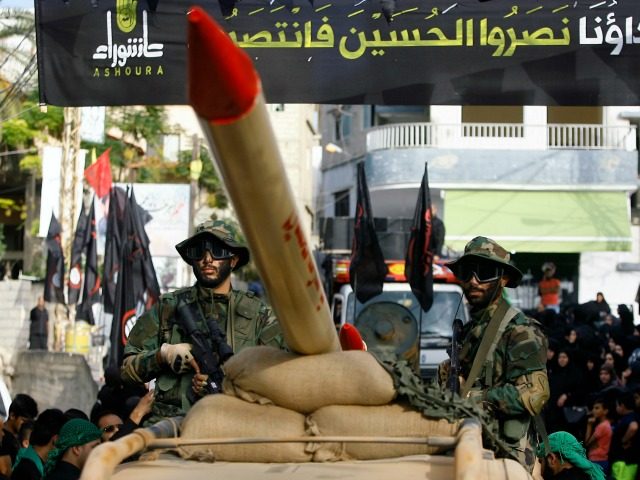TEL AVIV – If Hezbollah fires rockets at Israel the IDF should retaliate by striking Iran’s infrastructure, a former deputy defense minister said Wednesday at a security conference soon after the head of Israel’s air force warned that the Jewish state possesses “unimaginable” military power to use in a future war with Lebanon.
Former deputy defense minister Ephraim Sneh told the Herzliya conference that harming Lebanese infrastructure, as per the current IDF policy, is the wrong way to respond to Hezbollah rockets, since “Iran does not give a damn if Lebanon’s infrastructure is destroyed.”
Addressing the same conference, IAF chief Maj. Gen. Amir Eshel said Israel’s military prowess in the skies has increased tenfold since the last conflict with Lebanon in 2006.
“What the air force was able to do quantitatively in the [2006] Lebanon war over the course of 34 days we can do today in 48-60 hours,” he said.
“This is potential power unimaginable in its scope, much different to what we have seen in the past and far greater than people estimate.”
Eshel said that in the case of a future conflict, Israel should respond immediately and harshly.
“If war breaks out in the north, we have to open with all our strength from the start,” he said.
“Threats to Israeli air force aircraft in the Lebanese arena will not stop the air force. They may disrupt operations here and there but that will not stop us.”
He then addressed Lebanese civilians directly, issuing a theoretical apology for any potential harm that may befall them in a future conflict – something he was quick to point out, would be the result of Hezbollah’s cowardice in carrying out military operations from within civilian populations.
“We are doing whatever possible to reduce any collateral damage to civilians in any war, and we aspire toward zero civilian casualties. But I cannot delude myself; in every war there will always be people who are harmed inadvertently. I have a recommendation to the people of Lebanon: Hezbollah has chosen to stay and infiltrate some of your homes. If you leave your homes as soon as the conflict erupts, you will not be harmed,” he said.
On the topic of Iran, former deputy director-general of the Israel Atomic Energy Commission Ariel Levite told the conference that even if Iran were complying with IAEA inspections on the surface, “the ambiguities built into the deal are huge,” so as to result in a very different understanding, and different execution, of the agreement than was originally intended.
For example, Levite said, “Is the IAEA responsible for monitoring and limiting Iran’s weapons tests?” Russia and Iran both say it is not.
“If the IAEA is not responsible, then who is? This is a big gap,” he added.
Levite urged the U.S. and Israel and members of the P5+1 who signed the deal to find other methods of deterrence in order to prevent Iran from moving the goalposts once the deal expires.

COMMENTS
Please let us know if you're having issues with commenting.